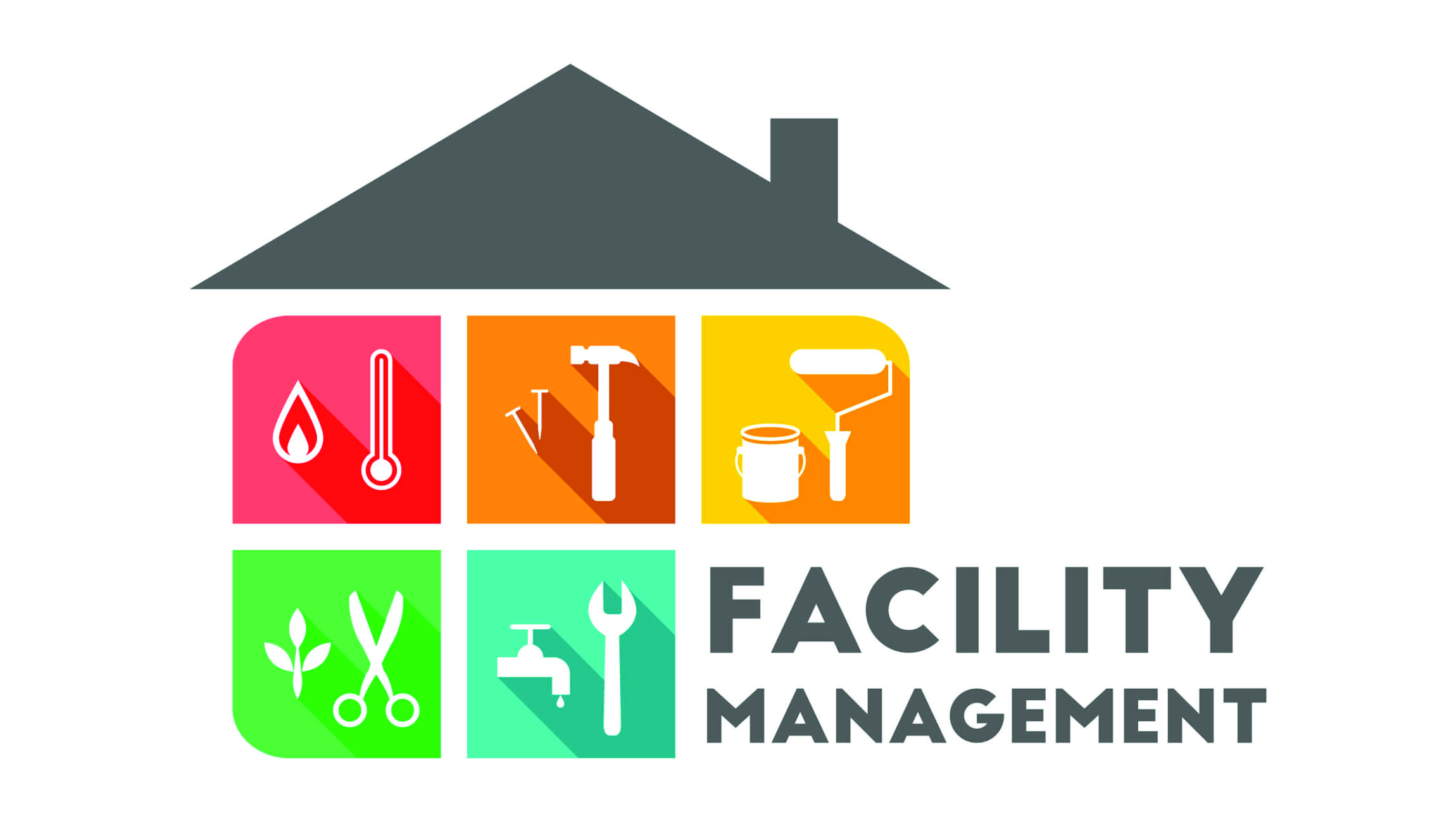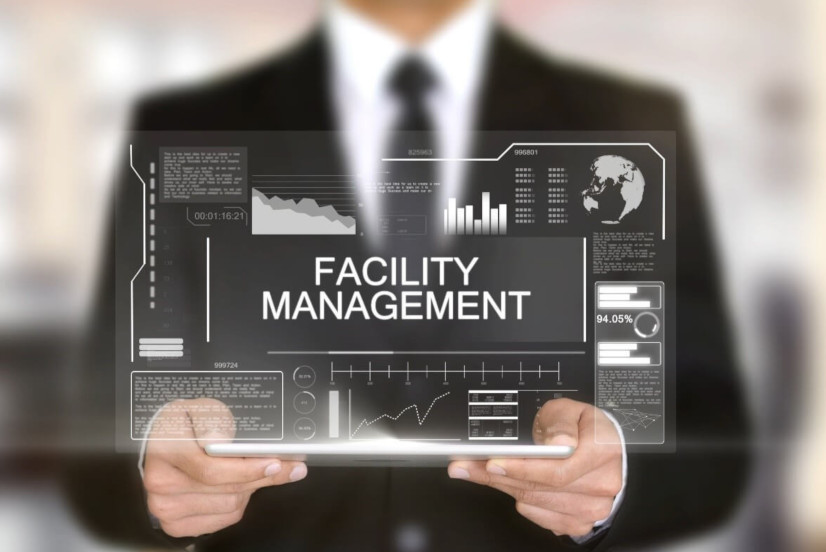How Facility Management Improves Work Environment Performance
How Facility Management Improves Work Environment Performance
Blog Article
Trick Trends Shaping the Future of Facility Monitoring in 2024
As we expect 2024, the landscape of facility administration is positioned for substantial transformation, driven by a number of crucial fads. The integration of smart building innovations and a change in the direction of data-driven decision-making promise to enhance operational effectiveness while focusing on sustainability in technique. Furthermore, the development of hybrid work designs is improving workplace atmospheres, demanding cutting-edge layout solutions that accommodate developing worker demands. Amid these changes, the focus on passenger wellness remains to obtain grip, underscoring the value of a healthy and balanced work environment. Exactly how these trends will show up in method remains a crucial concern for sector professionals.
Smart Structure Technologies

Smart building innovations encompass a large variety of systems, consisting of smart lights, heating and cooling controls, and security systems. By integrating these systems, facility managers can keep an eye on and change criteria in real-time, leading to considerable reductions in energy waste and operational costs. For example, clever sensors can spot occupancy levels and adjust lighting and temperature level accordingly, guaranteeing that energy is only used when necessary.
In addition, these modern technologies promote boosted data collection, allowing companies to track use patterns and determine chances for further renovations. The execution of wise building technologies not just adds to sustainability objectives however likewise creates much healthier job atmospheres that can enhance staff member efficiency and fulfillment.
As we move right into 2024, the adoption of wise building technologies will likely increase, reflecting a more comprehensive change towards more smart, responsive, and lasting facility management practices.
Data-Driven Choice Making
Significantly, organizations are leveraging data-driven choice making to enhance center monitoring methods. By utilizing data analytics, center managers can obtain workable insights that significantly enhance functional effectiveness and source appropriation. The assimilation of advanced innovations, such as IoT sensors and real-time tracking systems, makes it possible for the collection of large amounts of data on structure performance, occupancy prices, and energy usage.
This wide range of info enables facility supervisors to recognize trends, anticipate maintenance requirements, and proactively address issues before they rise. For example, anticipating analytics can anticipate equipment failures, decreasing downtime and repair expenses. In addition, information visualization tools help with much better communication among stakeholders, making sure that educated choices are made collaboratively.
Moreover, data-driven strategies improve calculated preparation by making it possible for center supervisors to assess the performance of present practices and make educated selections concerning investments in modern technology or facilities. As organizations increasingly prioritize functional quality, data-driven decision production is poised to end up being a cornerstone of effective center management methods in 2024 and past. Eventually, the capability to utilize data effectively will empower companies to produce extra effective, efficient, and resistant facilities.
Sustainability and Green Practices
The emphasis on data-driven decision making naturally straightens with the expanding emphasis on sustainability and environment-friendly methods within center management. As companies increasingly focus on environmental duty, center managers are leveraging analytics to maximize resource usage, minimize waste, and lessen carbon impacts. This calculated strategy enables the integration of energy-efficient systems, such as LED lights, wise a/c controls, and renewable energy resources into facility operations.
Moreover, the implementation of lasting methods expands past energy intake. Facility supervisors are advertising and embracing eco-friendly materials recycling campaigns to produce a circular economic situation within their facilities. This not just enhances the environmental profile of the useful source company yet additionally cultivates a society of sustainability among workers.
Compliance with ecological guidelines is an additional vital element driving the fostering of eco-friendly practices. By making use of data analytics, facility supervisors can monitor conformity metrics and determine locations for renovation, making certain adherence to regional and worldwide sustainability standards.
Hybrid Work Versions
A considerable shift towards hybrid work designs is improving the landscape of center administration in 2024. This standard incorporates remote and in-office work, demanding a reevaluation of room use, source appropriation, and staff member involvement techniques. Organizations are significantly recognizing the value of adaptable offices that accommodate diverse needs and preferences.
Facility managers have to adapt by carrying out flexible workplace styles that sustain joint initiatives while providing locations for focused work. This consists of the integration of modern technology to facilitate smooth interaction and cooperation amongst remote and in-office staff members. Smart building remedies, equipped with analytics and sensing units, enable real-time monitoring of space use, enabling organizations to optimize their settings effectively.
Furthermore, crossbreed work models stress the requirement for reliable center management that prioritizes employee experience. In significance, the hybrid work version is changing facility administration, motivating a proactive technique to meet the advancing demands of the workforce.
Boosted Resident Health
As companies accept hybrid job versions, an increased focus on owner wellness is ending up being indispensable to center monitoring approaches. Facility Management. This change acknowledges that a healthy and satisfied workforce directly influences performance and retention rates. Center supervisors are now focusing on atmospheres that advertise psychological and physical health, integrating components such as all-natural lighting, biophilic style, and easily accessible wellness resources

Innovation plays an important function in this evolution. Smart structure systems can keep an eye on environmental variables and change setups in real-time, making sure ideal convenience levels - Facility Management. Responses mechanisms, such as occupancy sensing units and employee surveys, allow facility supervisors to continually refine wellness campaigns based on owner demands.

Verdict
In 2024, the future of facility administration will certainly be considerably influenced by the integration of clever structure innovations and data-driven decision-making, fostering boosted functional effectiveness. Sustainability initiatives will certainly focus on eco-friendly practices, while the appearance of crossbreed work models will certainly require flexible office layouts. A heightened focus on resident wellness with sophisticated Cooling and heating systems and biophilic linked here style will certainly contribute to healthier job settings. These patterns collectively underscore the advancing landscape of facility administration in response to contemporary difficulties and possibilities.
Facility supervisors are adopting eco-friendly products and advertising recycling initiatives to develop a round economic climate within their centers.A considerable change towards hybrid work designs is reshaping the landscape of center administration in 2024.Furthermore, crossbreed work designs highlight the need for reliable center management that prioritizes staff member experience.As organizations welcome hybrid job designs, a heightened focus on passenger health is becoming essential to center monitoring techniques.In 2024, the future of facility management will be significantly affected by the combination of wise building technologies and data-driven decision-making, cultivating enhanced operational effectiveness.
Report this page